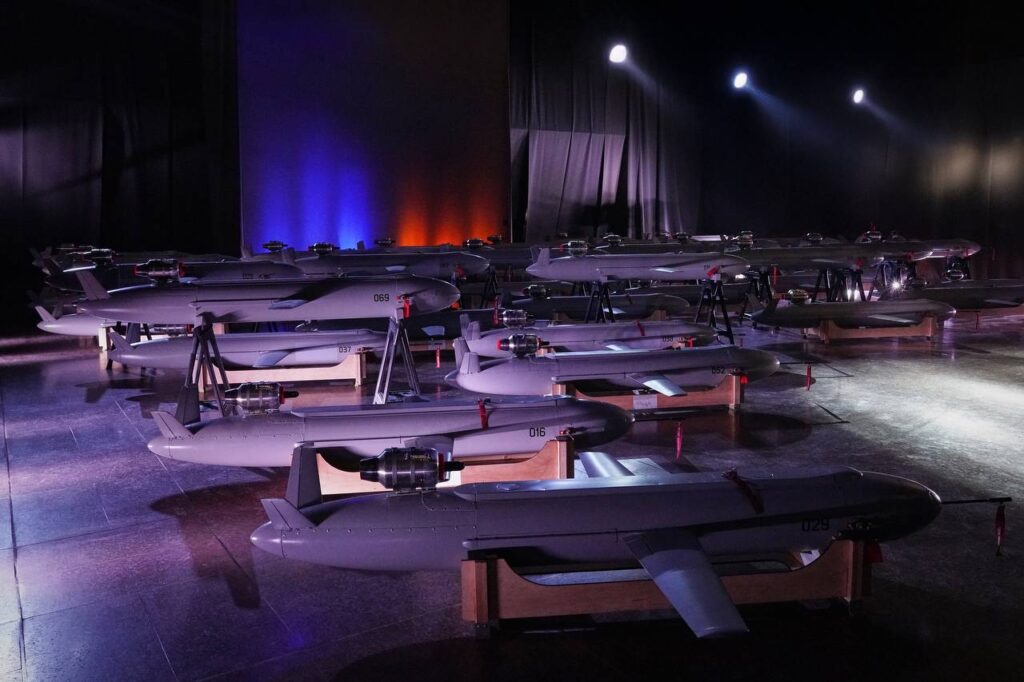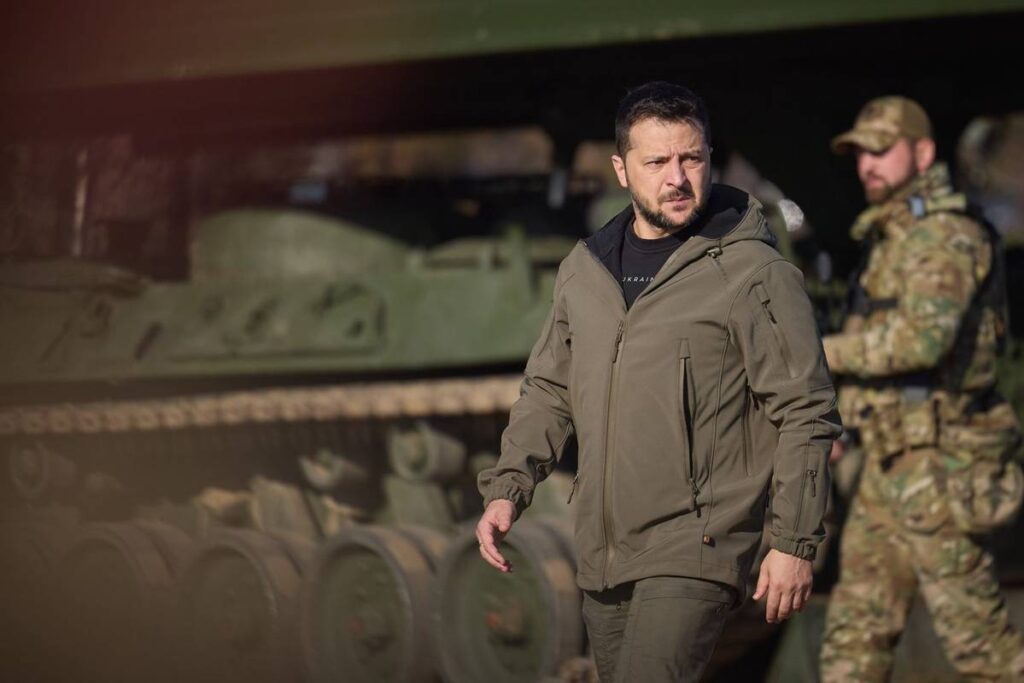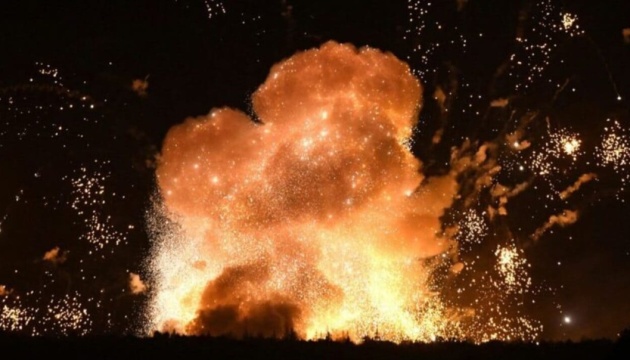
Allies confirm that Ukraine’s path to NATO is irreversible at the Vilnius summit. At the Bucharest Nine and Northern European summit in Vilnius on 2 June, Ukraine’s partners reaffirmed that the country is firmly on course to join NATO and approved new aid packages, President Volodymyr Zelenskyy says.
Russia has repeatedly demanded that Ukraine and other neighboring countries never join NATO, making a written guarantee to halt NATO’s eastward expansion a key condition for ending the war.
The Bucharest Nine format includes Poland, the Czech Republic, Slovakia, Hungary, Romania, Bulgaria, Latvia, Lithuania, and Estonia. Northern European nations Denmark, Iceland, Norway, Finland, and Sweden joined the group.
The summit aimed to align security positions, boost cooperation along NATO’s eastern flank, and discuss support for Ukraine ahead of the NATO summit in The Hague, UkrInform reports.
President Zelenskyy briefed the participants of the Vilnius summit on the Security Service of Ukraine’s Web operation, calling it a demonstration of what modern warfare looks like and the importance of technological superiority.
On 1 June, Ukraine carried out an unprecedented special operation targeting four Russian military airfields. The drone strikes damaged 41 aircraft, including strategic bombers A-50, Tu-95, Tu-22M3, and Tu-160. This represents around 34% of Russia’s strategic cruise missile carriers based at key airfields, hit by drones launched from wooden crates placed inside trucks.
Earlier, Swedish politician and former Prime Minister Carl Bildt, referring to this operation, said that even 007 movies haven’t imagined something like this.
Russia cannot produce new Tu-160s or Tu-95s — only repair Soviet-era ones, says expert after Ukraine’s historic Spiderweb operation
The Bucharest Nine and Northern European countries pledged continued political, military, economic, and humanitarian support to Ukraine in pursuit of a comprehensive, just, and lasting peace.
The summit declaration also emphasized that the upcoming NATO summit in The Hague must demonstrate the Alliance’s unwavering support and commitment to Ukraine.
The choice of Vilnius, Lithuania’s capital, as the venue for the recent summit of the Bucharest Nine and Nordic countries sends a clear signal of NATO’s unity amid rising Russian threats to the Baltics and Poland.
NATO Secretary General Mark Rutte confirmed that all 32 NATO allies in Washington reaffirmed Ukraine’s irreversible path to membership, though no timeline has been set.
He added that Russia remains a long-term threat to NATO, rapidly building its military potential and working closely with China, North Korea, and Iran. To address these threats now and in the next 3, 5, or 7 years, NATO allies must increase defense spending and strengthen the defense industry.
The declaration adopted at the summit also condemns any form of support for Russia’s aggression against Ukraine, calling for an end to all aid enabling it from China, Iran, and North Korea.
You could close this page. Or you could join our community and help us produce more materials like this.
We keep our reporting open and accessible to everyone because we believe in the power of free information. This is why our small, cost-effective team depends on the support of readers like you to bring deliver timely news, quality analysis, and on-the-ground reports about Russia's war against Ukraine and Ukraine's struggle to build a democratic society.
A little bit goes a long way: for as little as the cost of one cup of coffee a month, you can help build bridges between Ukraine and the rest of the world, plus become a co-creator and vote for topics we should cover next.
Become a patron or see other ways to
support.
Become a Patron!





